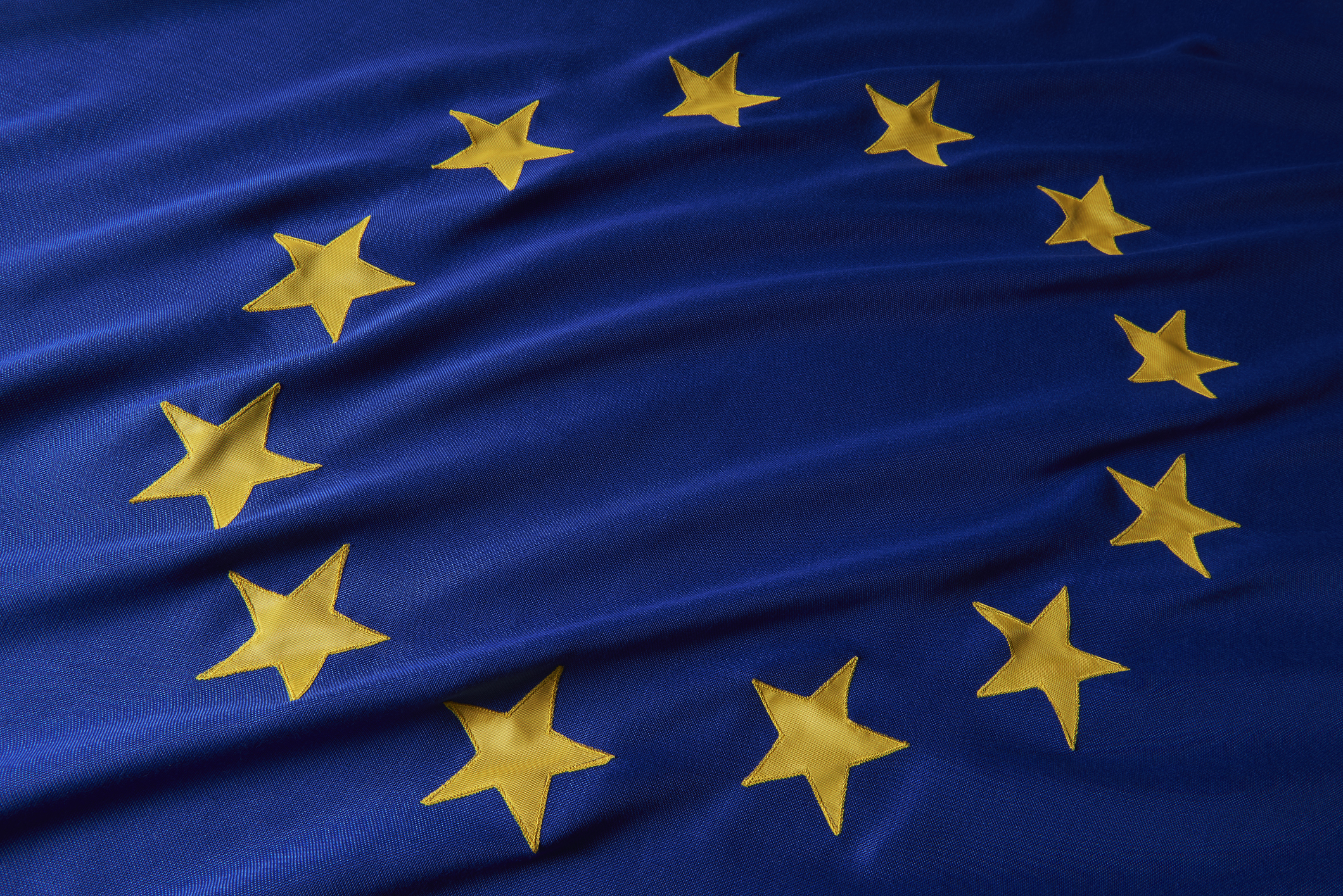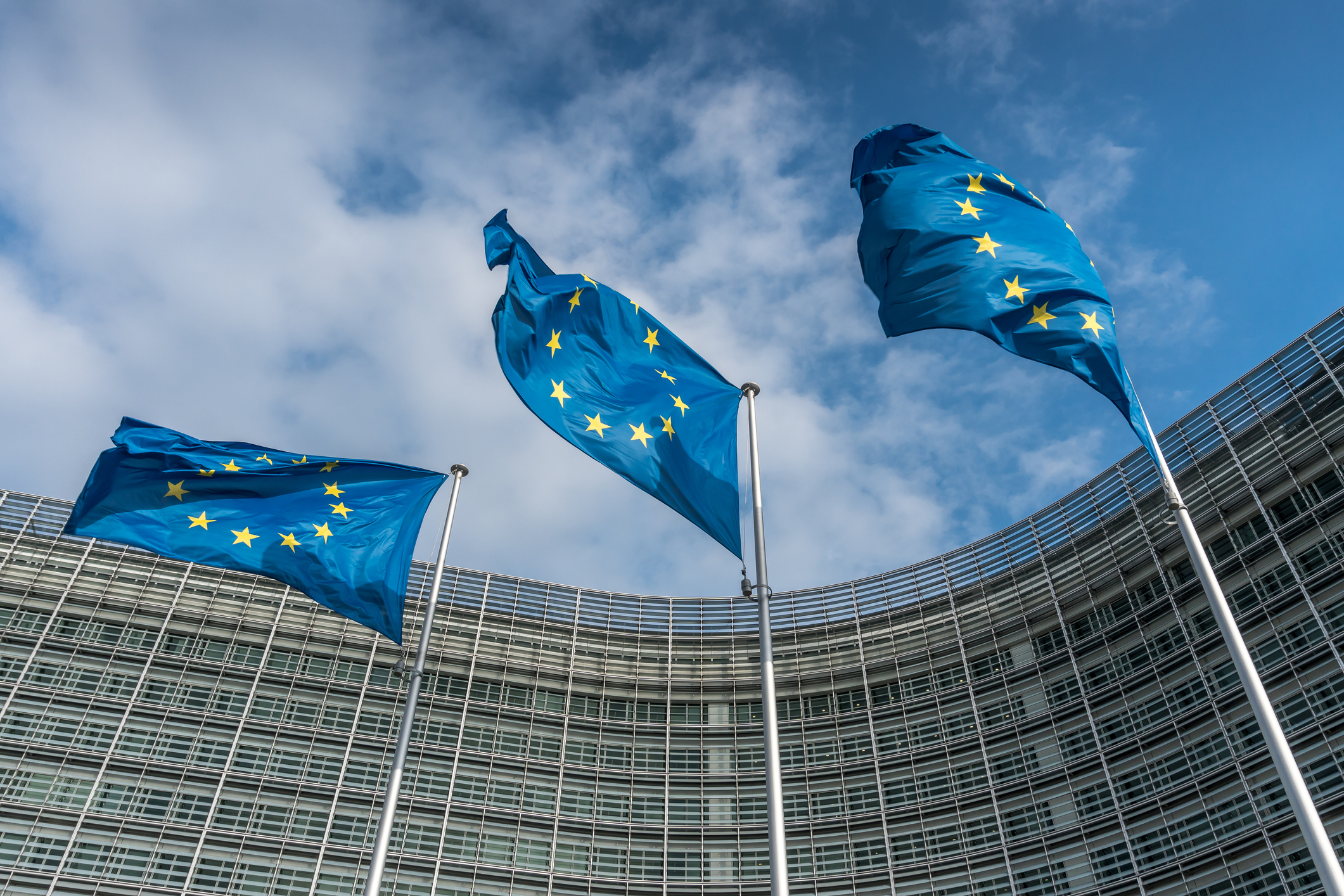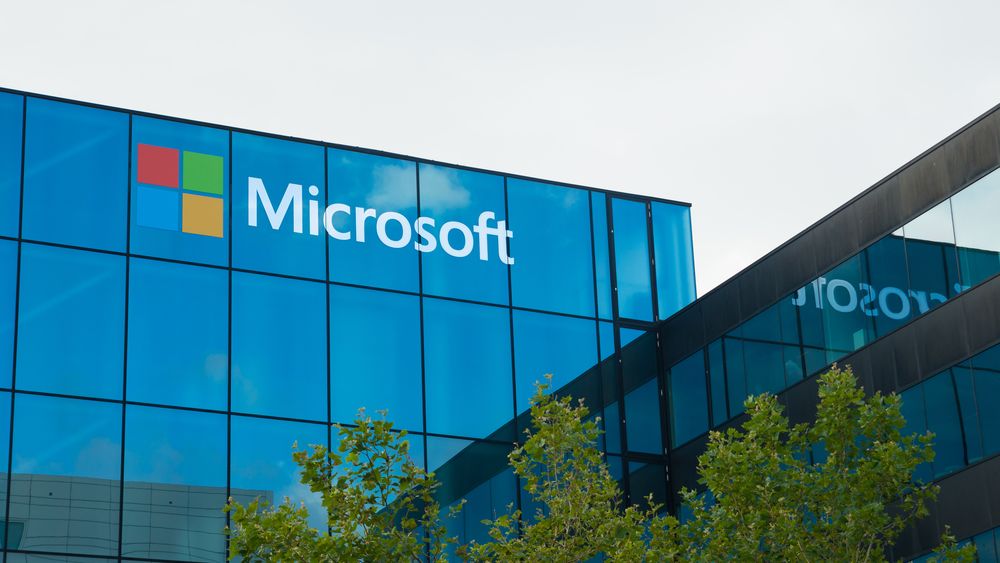EU and US test joint cyber security skills
The two sides of the Atlantic come together for some cyber attack simulations.


The EU and US came together yesterday for their first ever joint test of cyber attack readiness.
Security pros from both sides of the Atlantic were tested on their preparedness for both a standard data theft attack and a hit on SCADA systems used to manage critical infrastructure.
The European Commission and ENISA, the European Network and Information Security Agency, initiated the Cyber Atlantic 2011 exercise. The Department of Homeland Security contributed to the US side of the project.
Today's exercise provides valuable lessons for specialists on both sides of the Atlantic.
Over 20 EU member states were involved in the exercise, 16 of which were "actively playing."
"Recent high profile cyber attacks show that global threats need global action. Today's exercise provides valuable lessons for specialists on both sides of the Atlantic," said Neelie Kroes, European Commission vice-president for the Digital Agenda.
The tests came after the formation of the EU-US Working Group on Cyber Security and Cyber Crime in 2010.
Get the ITPro daily newsletter
Sign up today and you will receive a free copy of our Future Focus 2025 report - the leading guidance on AI, cybersecurity and other IT challenges as per 700+ senior executives
In the first test, EU National Cyber Security Agencies (NCSAs) were asked to deal with an Advanced Persistent Threat (APT), akin to the attack which hit security firm RSA earlier this year.
The scenario imagined a hacker group launching a targeted attack, the end goal of which was to publish sensitive data online.
The second test had a hypothetical scenario in which a SCADA system, like the one which Stuxnet targeted in Iran last year, failed at an EU wind turbine.
"The involvement of the Commission, EU Member States and, of course, the US, in today's exercise shows the high level of commitment we have to ensuring that we protect our digital infrastructures for the benefit of all citizens," added ENISA's executive director Professor Udo Helmbrecht.
Last November, the first ever cross-European cyber war simulation was carried out, in which 70 public bodies had to fend off attacks designed to replicate hacks against critical online services.
This week the UK hosted the first London Conference on Cyberspace, in which the Prime Minister appeared to align with US strategy.
David Cameron said the UK would respond to a cyber attack "as robustly as any other national security threats." The US has previously said it would "when warranted respond to hostile acts in cyberspace as we would to any other threat to our country."
"We reserve the right to use all necessary means - diplomatic, informational, military, and economic - as appropriate and consistent with applicable international law, in order to defend our nation, our allies, our partners, and our interests," the US said in its International Strategy for Cyberspace document.
Tom Brewster is currently an associate editor at Forbes and an award-winning journalist who covers cyber security, surveillance, and privacy. Starting his career at ITPro as a staff writer and working up to a senior staff writer role, Tom has been covering the tech industry for more than ten years and is considered one of the leading journalists in his specialism.
He is a proud alum of the University of Sheffield where he secured an undergraduate degree in English Literature before undertaking a certification from General Assembly in web development.
-
 Cleo attack victim list grows as Hertz confirms customer data stolen
Cleo attack victim list grows as Hertz confirms customer data stolenNews Hertz has confirmed it suffered a data breach as a result of the Cleo zero-day vulnerability in late 2024, with the car rental giant warning that customer data was stolen.
By Ross Kelly
-
 Lateral moves in tech: Why leaders should support employee mobility
Lateral moves in tech: Why leaders should support employee mobilityIn-depth Encouraging staff to switch roles can have long-term benefits for skills in the tech sector
By Keri Allan
-
 Forcing Apple to allow alternative app stores might cause major security risks
Forcing Apple to allow alternative app stores might cause major security risksAnalysis Apple will be forced to allow third-party marketplaces on its devices, but some experts have raised serious security concerns
By Solomon Klappholz
-
 Why bolstering your security capabilities is critical ahead of NIS2
Why bolstering your security capabilities is critical ahead of NIS2NIS2 regulations will bolster cyber resilience in key industries as well as improving multi-agency responses to data breaches
By ITPro
-
 New EU vulnerability disclosure rules deemed an "unnecessary risk"
New EU vulnerability disclosure rules deemed an "unnecessary risk"News The vulnerability disclosure rules in the Cyber Resilience Act could also cause a “chilling effect” on security researchers
By Ross Kelly
-
 Are you ready for NIS2?
Are you ready for NIS2?WEBINAR Find out what you should be doing to prepare for the EU’s latest data protection regulation and UK equivalent with our free webinar
By ITPro
-
 EU regulators are digging their heels in despite big tech’s Data Act pushback
EU regulators are digging their heels in despite big tech’s Data Act pushbackAnalysis EU regulators are no strangers to big tech regulatory push back, so why do companies still persist?
By Ross Kelly
-
 Capita tells pension provider to 'assume' nearly 500,000 customers' data stolen
Capita tells pension provider to 'assume' nearly 500,000 customers' data stolenCapita told the pension provider to “work on the assumption” that data had been stolen
By Ross Kelly
-
 2022 Public Sector Identity Index Report
2022 Public Sector Identity Index ReportWhitepaper UK Report
By ITPro
-
 Microsoft's EU Data Boundary will begin staggered rollout in January 2023
Microsoft's EU Data Boundary will begin staggered rollout in January 2023News Public sector and commercial customers will be the first to benefit when the rollout begins on 1 January across all of Microsoft's core services
By Ross Kelly